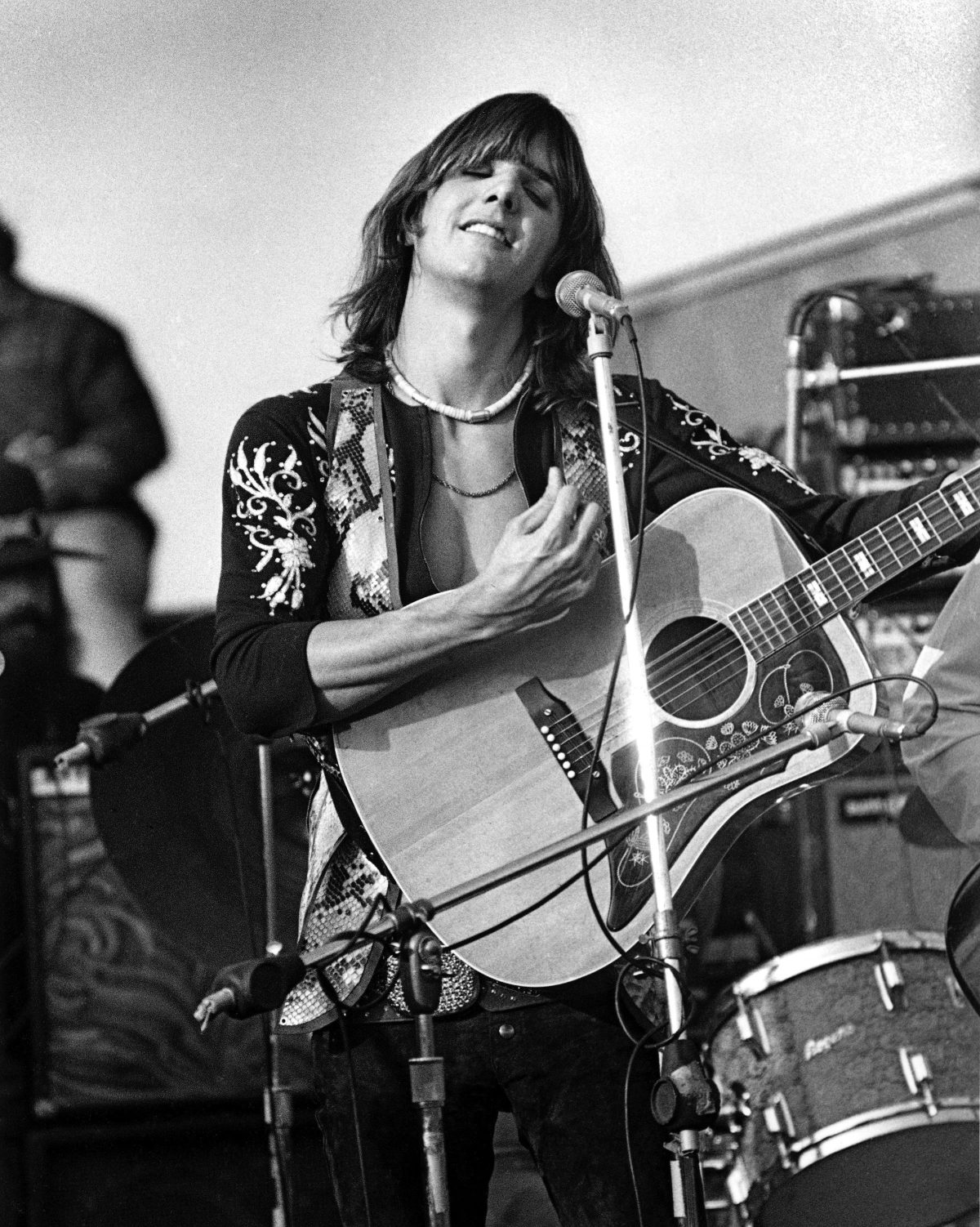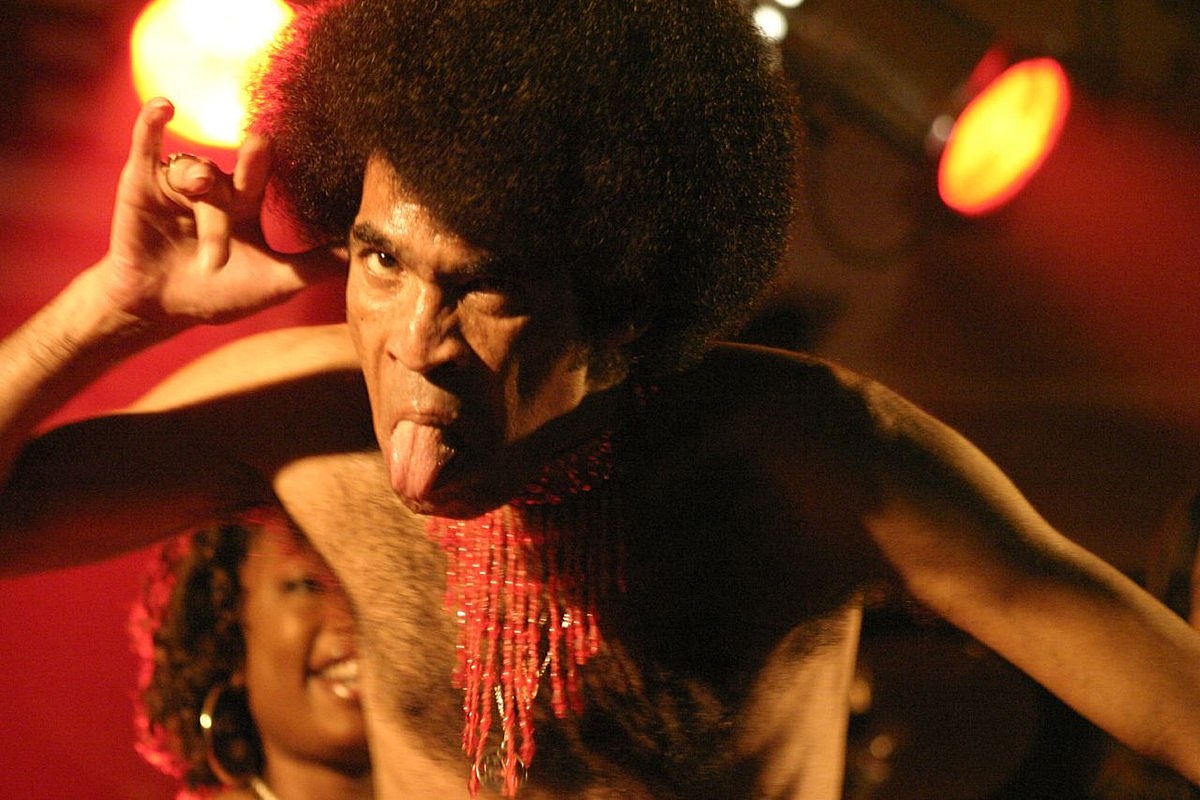The 70s music industry - the most interesting stories and facts: part two
Содержание
Pro The 70s in music There are too many discoveries in the industry during this period. At the very least, the first thing that comes to mind is the emergence of the glam rock, disco.and the reign of the "rumbling heavyweights" in the charts, who replaced the softer sounding Beatles or, say, The Beach Boys.
But today we'll continue to look back at the most curious episodes of the decade that in one way or another became iconic and made history forever. And yes: these episodes not always light... Rather, it's the untold or not fully elucidated truth about the 70s.
Commerce on schoolgirls

In the '70s, commerce in the music industry reached a new level: managers now planned to make money not just from music, but from the on young girlswho would play rock. That was the case with The Runawaysa group of schoolgirls. But they were treated as adults, and you could even say as men. Their manager Kim Foley was a real monster in the flesh: he lavished girls with mind-controlling substances, taught them sexuality and liberation, and threw heavy objects at them during rehearsals to prepare them for the fans. But his already savage behaviour was at times far more brutal.....
Foley reinforced his formidable status with insults and... assaults. So, in 1975, at a New Year's Eve party, he attacked a 16-year-old girl. Jackie Fox. The girl was too weak to fight back. The creepy thing is that people who were present at the party were watching what was happening, but nobody decided to help the poor girl... It was a big trauma for the bassist of The Runaways.
"I carried this sense of shame and thought it was my fault for decades..."
Badfinger's creepy story

In the '70s, managers were particularly violent. And if they didn't physically attack you, they could easily to destroy you morally. That's what happened to Badfingerthe first band to sign a contract with Apple Studios since The Beatles. Paul McCartney particularly appreciated their style and even took the band under his wing - he worked with them to such an extent that Badfinger became famous as a "the new fabulous foursome.". McCartney wrote the song "Come And Get It" for them, which reached number 4 in the UK upon its release in 1970. In general, the United States was also very enthusiastic about the band.
Badfinger had a big and bright future ahead of them, but it never came, because the band made the terrible mistake of entrusting their finances to their manager to Stan Polley. Polly wasn't just greedy - in addition to taking all the band's money, he also left behind a contract that said they couldn't make any more money without him. On the morning of 24 April 1975, the band's frontman Pete Ham "done with everything." He had a pregnant wife and a newly purchased house that he now could not afford. In his suicide note, he blamed Polly for his act. Eight years later. Tom Evans did the same thing...
The theft of the late Graham Parsons.

Singer and songwriter Graham Parsons died of excessive substance abuse in September 1973. But the turbulent rock 'n' roll life continued to haunt Parsons even after his death, and in a very strange way....
So: On the 20th of September, two drunk men in cowboy hats stole Parsons' body and took him to Joshua Tree, California. They were Phil KaufmanParsons' manager, and his friend. But why? The friend later explained this strange act:
"Graham's body was on its way to Continental Airlines at LAX, from where it was to be sent back to his stepfather in New Orleans. But Kaufman was adamant: 'Parsons didn't want to be buried in Louisiana,' he said." A few months before his death, Parsons told Kaufman, "If I die, I want someone to drink a beer, take me to the desert and burn my body."
So, under the cover of night, these two men took Parsons' body to Joshua Tree and set fire to his coffin. Needless to say, this earned them a fine. However, since there was no law against theft of this kind, Kaufman and his friend were fined only for stealing the coffin.
Bobby Farrell sang in someone else's voice.

Boney M. - a legendary disco band that reigned supreme in the 70s and was the most popular and commercially successful of its kind. Many of their songs like "Rasputin" have become classics for the ages. Except... who actually sings them?
Bobby Farrell singing in someone else's voice is a fact, and at the same time not really. From the very beginning to the 1981 Christmas album. Frank FarianFarian, their producer, sang male vocals on all of Boney M.'s major hits. When Farian recorded the last two albums with the band, he did not sing on any of the songs. Instead, the male voice on these recordings actually belongs to Bobby Farrell.



